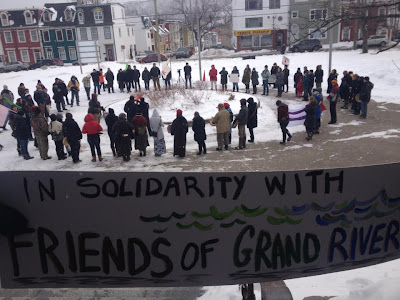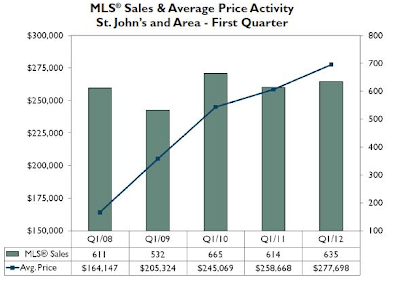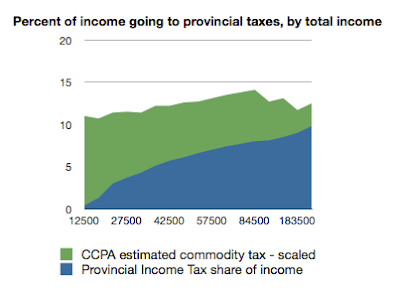One way to subvert or stifle a movement is to compartmentalize it.
In a recent CBC interview sociologist Robert Brym compares Occupy and Idle No More:
"The Occupy and Idle No More movements share two characteristics. They both have relatively diffuse demands and decentralized leadership. ... The Occupy movement's demand for greater economic equality seems to have resonated with a large part of the Canadian population, which has experienced growing income disparity and slow growth in real income for decades … In contrast, I believe the public has more mixed feelings about the Idle No More movement."
Movements are often defined in terms of demands, and more rarely tactics. This is what this group is all about, what they want and specifically who they have a beef with. Characteristics are mapped out and then the thing can be known, compartmentalized, and (in some ways) caged.
A somewhat different understanding (though undoubtedly a kind of caging as well) is of the revolutionary wave. Revolutionary wave theory suggests that to understand Idle No More you first have to connect it back to Mohamed Bouazizi and the Arab Spring.
The recent freedom of information release of FBI files show that even before the Occupy movement became "official" it had been anticipated by security forces as building on a revolutionary wave:
"Various online communities and groups have dubbed 17 September 2011 the 'US Day of Rage' and are planning organized protests and assemblies throughout the United States. ... Referencing the demonstrations of the 2011 Arab Spring, the 'US Day of Rage' desires to mimic the revolutionary wave of demonstrations and protests which have occurred in the Arab world."
States know that revolution knows no borders. Indeed, US intelligence admitted a failure to have been caught so off guard when the revolution emerged. From the evidence of infiltration and subversion of Occupy in the FOI release, it is clear security forces took the potential of this revolutionary wave very seriously.
Other states also took preemptive actions to stem the revolution before it could take hold (legal, constitutional, censorship, subversion, repression, etc.). States try to do this in an organized and focused way because revolution means unrest and in the extreme case the collapse of the state itself. This last outcome is more terrifying for the state than losing a war.
A great number of states all over the world are experiencing unrest. Even in countries where protest is generally a bureaucratic thing (Canada) there has been significant unrest (Quebec student movement, Occupy, and now Idle No More). No one should doubt that the state has monitored and tried to subvert expressions of unrest in Canada. No one needs to have a degree in sociology to anticipate the communities that will offer the clearest expressions of unrest.
Many states have made sweeping concessions, held snap elections, installed revolutionary governments, done whatever it takes to just make unrest stop. However, even in countries where the revolution has toppled governments unrest persists. There is no reason to expect this level of unrest will subside any time in the foreseeable future, as this revolutionary wave, and its myriad if sometimes difficult to identify characteristics and demands, just so happens to be taking place against the backdrop of a particularly easy to identify pyramid scheme of capital and power.





